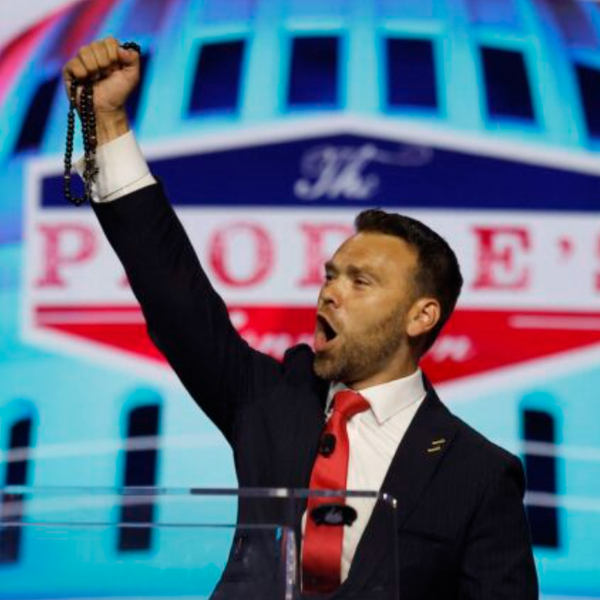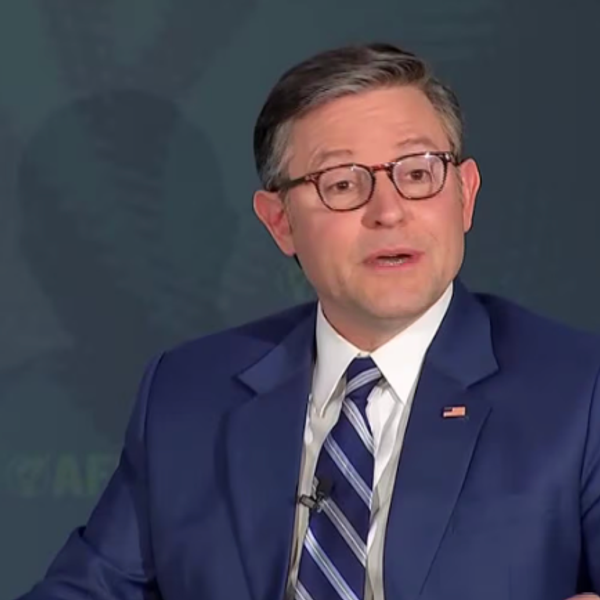
By Christina Boyle and Steven Zeitchik, Los Angeles Times (TNS)
LONDON — Changes rippled across British politics Friday as Conservative Prime Minister David Cameron embraced a solid election victory and three opposition leaders found themselves out of jobs.
A day after an ostensibly close United Kingdom election saw the Tories decisively defeat Labour by a margin of 331 to 232 seats, Cameron sought a positive spin on what had been a prickly campaign.
“I truly believe we are on the brink of something special in our country,” he said. “We can make Britain a place where a good life is in reach for everyone who is willing to work and do the right thing.”
Cameron is expected in a new term as prime minister to face fresh challenges, including a vibrant separatist movement in Scotland, difficult taxing and spending questions at home and uncertainty surrounding Britain’s role in Europe and the rest of the world.
Before speaking to the media, Cameron and his wife Samantha were driven via convoy to an audience with Queen Elizabeth II, a formality for the winner of every election. The face-to-face lasted less than half an hour and he returned to Downing Street to speak to the media.
Reiterating his campaign promise to hold a referendum on European Union membership, Cameron also said: “We must ensure that we bring our country together. We will govern as a party of one nation, one United Kingdom.”
Meanwhile, the losers were falling like dominoes.
Labour leader Ed Miliband, who had ascended to the top of the party after outmaneuvering his brother David, looked tired but defiant as he announced his resignation from the post, vowing that “the fight goes on.”
He did not mince his words when discussing where he thought his party had gone wrong.
“I take absolute and total responsibility for the result and our defeat at this election,” he said. “I’m so sorry for all those colleagues that lost their seats.” He mentioned several by name.
Miliband had taken over the party in 2010, espousing a message of economic and social equality, but his personal style didn’t always connect with the public, while fears of a necessary alliance with Scottish separatists may have kept some voters from choosing Labour.
Miliband also thanked the British public for their support, for the selfies, and for “the most unlikely cult of the 21st century: Milifandom,” referring to the teenage student who set up a Miliband fan page to engage young voters.
Miliband, who said he had already made a concession call to Cameron, added that he would step down later in the afternoon after commemorations in London marking victory in Europe during World War II. His deputy, Harriet Harman, will take over until a new party leader is elected. Shadow Chancellor Ed Balls, another key Labour figure, also accepted defeat after losing his seat to a Conservative candidate.
The Liberal Democrat leader Nick Clegg also stepped down Friday after his party garnered just eight seats, a drop of 49 from the 2010 triumphs that saw them join the governing coalition. Clegg, who had also been deputy prime minister for the previous five years, won his seat by a narrower margin than his 2010 victory _ just over 2,000 votes compared to more than 15,000 last time around.
Looking somber but emotional, he said he had expected it to be a tough election for the Liberal Democrats, but it was “more crushing and unkind” than he had ever imagined. He said that he thought the party had created “a far stronger, far greener and more liberal country than it was five years ago.”
He acknowledged “catastrophic loses” in describing defeats to more radical parties. “One thing it seems to me is clear: Liberalism here, as well as across Europe, it not faring well against the politics of fear,” adding that “liberalism has lost but it is more precious than ever and we must keep fighting for it.”
And Nigel Farage, leader of the hard-right United Kingdom Independence Party, decided to step down from the party leadership after failing to win his seat in Parliament, though with Ukip garnering about 12.5 percent of the popular vote, he was unlikely to step away from the political scene. He even said he would consider returning as party leader.
And he cited the roughly 4 million people who voted for his party.
“I think the next chapter of Ukip has begun,” he said.
(Boyle is a Los Angeles Times special correspondent.)
(c)2015 Los Angeles Times. Distributed by Tribune Content Agency, LLC.
Photo: ©afp.com / Justin Tallis








